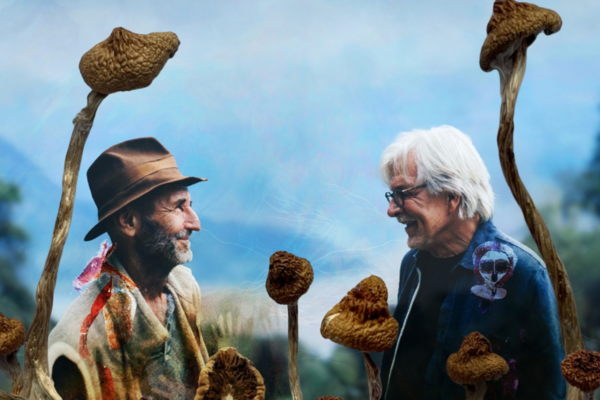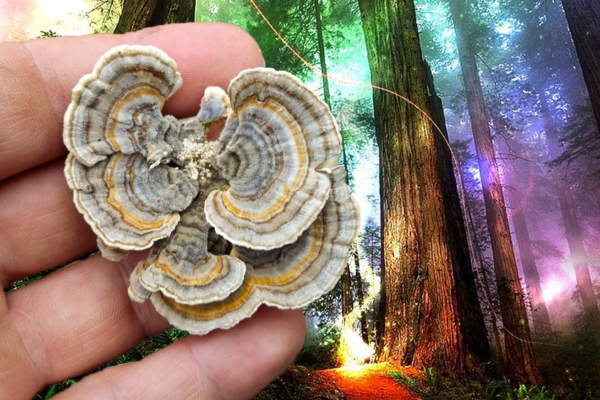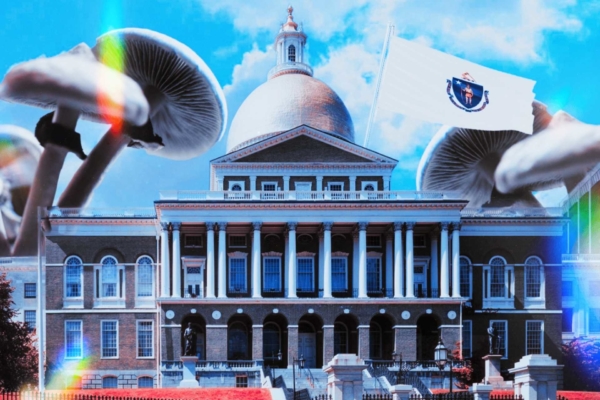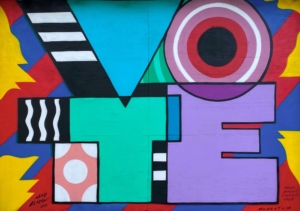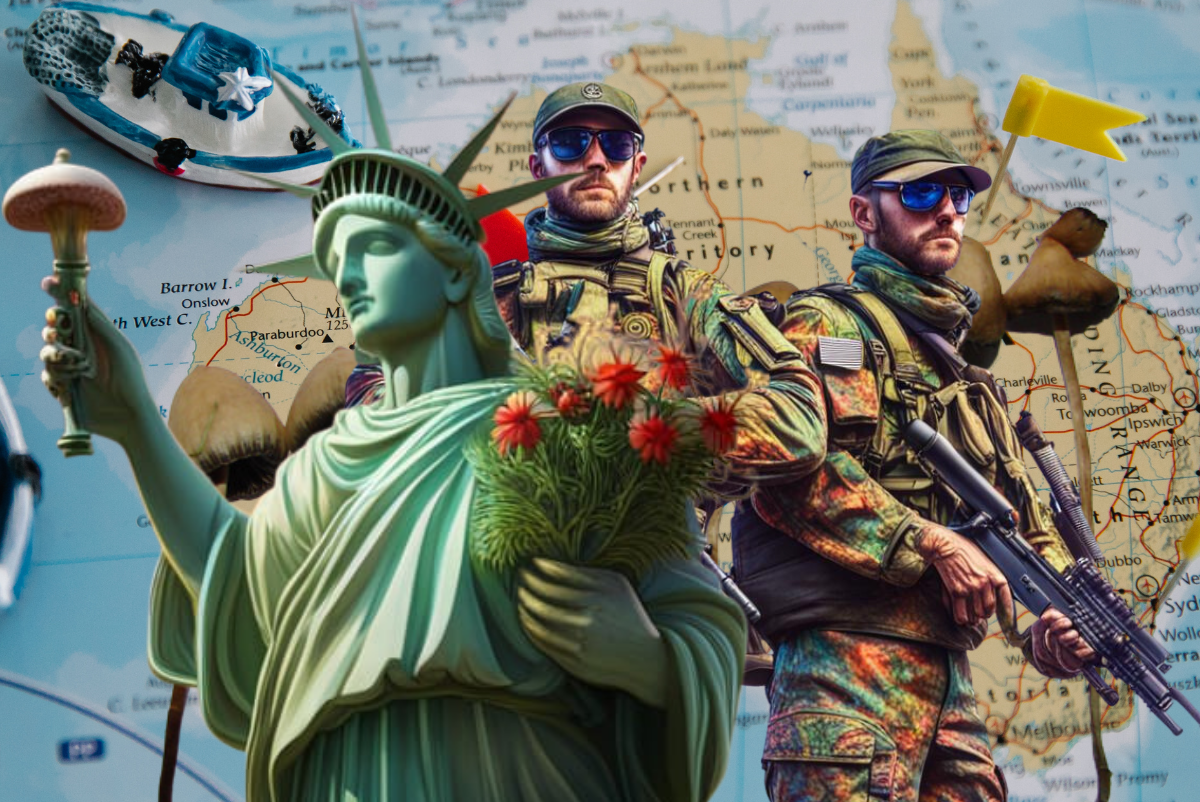
RESEARCH
Researchers Debate on Whether the ‘Trip’ Is Essential to the Psychedelic Experience
To trip, or not to trip, that is the question. In an episode of the “Science, Quickly” podcast, researchers debate whether the hallucinations induced by psychedelics are an essential component contributing to their therapeutic effects. One camp is advocating for the use of “psychoplastogens”, which are essentially non-hallucinogenic psychedelics, as treatment for neuropsychiatric conditions, such as PTSD and addiction. Their argument is that taking the “mind-manifesting” out of the equation would make these medicines safer and more widely available for a larger sample of the population. However, the other faction of scientists strongly believes that the altered states of consciousness play a critical role in achieving long-lasting positive outcomes. Without the trip, individuals would never learn to flip the fundamentals of their worldview. Trips, even challenging ones, are what overrides our default mode.
Some biotech companies are already working on removing the trip from the experience. An example is Psilera, a biotech company who has developed PSIL-002, a DMT derivative that maintains the psychedelic’s mental health benefits while reducing hallucinations. The psychedelic space is still in its infancy stage. There is definitely space for both hallucinogenic and non-hallucinogenic compounds. The latter could be a decent option for the elderly or for individuals unwilling or unsuitable to experience the mind-altering effects of psychedelics.
However, by eliminating the trip, we may be leaning towards the biomedical model, which tends to reduce complex issue into smaller, fundamental components, such as biological factors and genes – something that a significant fraction of the psychedelic community stands against firmly.
Listen to the podcast here.
Are the Expectancy Effect and Confirmation Bias Responsible for the Benefits of Microdosing?
In an opinion piece published in npj Mental Health Research, academics Omer A. Syed and Benjamin Tsang note that positive expectations influenced by media coverage and confirmation bias could be responsible for the reported benefits of microdosing psychedelics. They suggest that clinical data on microdosing, which would serve as supportive evidence to the reported benefits, is lacking. The duo proposes that other variables, such as “set and setting”, could be responsible for the improved well-being of microdosers, pointing out that journaling, meditating, taking the time to walk, and seeking a more calming environment, could be critical factors contributing to the improved mental health effects, rather than microdosing itself. These factors, of course, would strengthen microdosers’ confirmation bias. Syed and Tsang also state that the expectancy effect could lead to increased frequency of microdosing when it “stops working”, suggesting that increased frequency could lead to an over-activation of the serotonergic system, which is linked to cardiac complications.
The expectancy bias does play a role in research and has been tested in research studies. The example given is with a sample group who was given a decaffeinated drink disguised as caffeine. The participants still reported a boost in their mood. The argument is that while these tests could be done with substances with known pharmacological effects, the same can be said for psychedelic microdoses.
To address these concerns, the researchers propose incorporating validated scales that would measure participants’ preconceived expectations of microdosing and analyze whether these expectations influence the therapeutic effects. They also propose testing microdosing on animals instead, as this would eliminate the influences of the expectation effect created by the media.
Read the critique here.
Combining Psychedelics with NMDAR Modulators Could Enhance the Therapeutic Effect
New research published in Molecular Psychiatry proposes that administering psychedelics in combination with NMDAR modulators could improve the therapeutic effects and allow for better dose adjustments and safety.
The researchers point out that the therapeutic potential of serotonergic psychedelics, which bind to the 5-HT2A receptor and enhance neuroplasticity could be improved by combining them with NMDAR modulators, tied to synaptic plasticity. They argue that psychedelics’ “psychotomimetic effects”, which essentially means the substance’s capacity to mimic symptoms of psychosis, limit their therapeutic potential. According to the researchers, adding modulators like D-serine and D-cycloserine, which also have neuroplastic and antidepressant effects and modulate neuronal activity in the prefrontal cortex, will enhance the therapeutic effects. Their current focus is on testing this hypothesis for the treatment of depression.
Read the study here.
FDA Sparks Debate Over the Role of Psychological Support In Psychedelic Clinical Trials
On page 12 of the FDA’s graft guidance intended to advise researchers on psychedelic study design, the regulatory agency expresses concerns with the psychological support component of psychedelic therapy and encourages sponsors to justify its presence during and after administering the drug. It also urges them to describe any trial design elements intended to reduce potential bias or ‘to quantify the contribution of psychotherapy to the overall treatment effect.” These reservations are built upon their belief that psychotherapy or psychological support complicate the assessment of efficacy and labeling of the psychedelic treatment/compound. The FDA also recommends that there should be alternate trained professionals providing psychological support during and post-treatment since the monitors can easily identify the participants who have received the psychedelic treatment and those who have been administered a placebo.
Some critics are concerned that the guidance does not clearly understand the role of psychological support in psychedelic treatments, something that many academics in the psychedelics space consider to be a key variable to treatment sustained success. Numerous psychedelic facilitators and practitioners tend to agree that building rapport and trust with the patient is a key factor in optimizing treatment outcomes. So wouldn’t changing the aftercare staff disturb the efficacy of the treatment process, or at least slow it down? And wouldn’t limiting psychological support reduce patient response? After all, the goal of psychedelic-assisted therapy is to provide a necessary and efficacious solution to people diagnosed with mental health conditions.
Read the full story here.
Study Suggests that Combining Ibogaine & 5-MeO-DMT May Be the Ultimate 1-2 punch for PTSD
Researcher Alan Kooi Davis and his colleagues conducted a survey-study, examining 86 SOF Veterans who underwent combined Ibogaine and 5-MeO-DMT therapy in a clinical setting in Mexico to treat their PTSD related symptoms.
According to their research findings, combined ibogaine and 5-MeO-DMT assisted therapy has potential to provide “rapid and robust changes in mental health functioning” with therapeutic effects lasting up to 6-months.
The Special Operation Forces Veterans reported:
-
- “Significant and very large improvements in self reported symptoms of PTSD, depression, anxiety, insomnia severity, and anger.”
-
- “Significant and very large increase in self reported satisfaction with life.”
-
- “A significant medium reduction in self-reported disability/functional impairment.”
-
- “A significant and very large increase in psychological flexibility and cognitive functioning.”
-
- “A significant and large reduction in post-concussive symptoms.”
-
- “A significant and medium reduction in suicidal ideation.”
-
- “Most attendees reported experiencing moderate to strong positive desirable changes across a range of attitudes, behaviors, and relationships.”
-
- “Most participants rated the psychedelic experiences as one of the top five personally meaningful, spiritually significant, and psychologically insightful experiences of their entire lives.”
Read more here.
Industry
Australia Received Its First Shipment of MDMA and Psilocybin to Treat PTSD and Depression
Back in February this year, the land from Down Under rescheduled MDMA and psilocybin, and became the first country to regulate these psychedelic medicines’ as treatments for debilitating mental health conditions like treatment-resistant depression and PTSD. Authorized psychiatrists are now able to prescribe these medicines, as part of therapy, in controlled clinical settings for their patients.
Earlier this month, PharmAla Biotech Holdings shipped the psychedelic medicines to Cortexa, its 50:50 Australian Joint Venture.
CEO of PharmAla Biotech, Nick Kadysh, stated: “As the Australian market continues to develop we are seeing significant interest among both clinical trial practitioners and clinic operators who are racing to establish themselves as the most capable actors in the provision of treatments to patients.
Read more here.
CULTURE
Connecticut State Police Arrests Man Growing $8.5 Million Worth of Shrooms
The 21-year-old ,Westen Soule, was arrested for operating a “drug factory” and possession of narcotics with intent to sell after the State police received a tip about a possible mushroom growing operation.
According to the police, after obtaining a search warrant, they were able to seize hundreds of bags of shrooms with an estimated street value of $8.5 million dollars.
Soule has posted $250,000 bail and would have to appear in court in New Britain on November 16th.
Read full story here.

